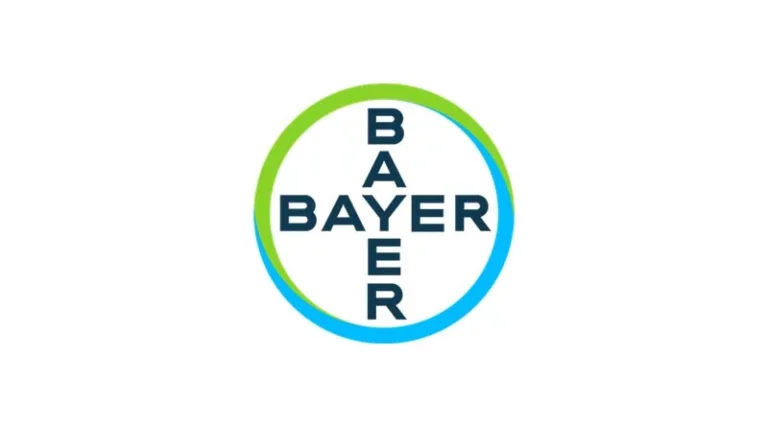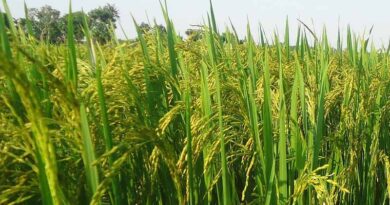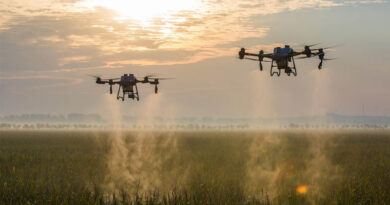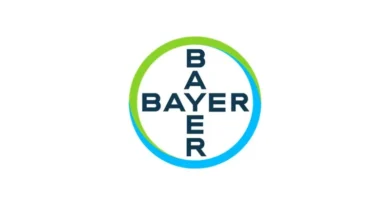
Bayer Prepares Brazil for Global Debut of Icafolin-Methyl, Agriculture’s First New Herbicide Mode of Action in 30 Years
22 November 2025, Monheim am Rhein: Bayer is moving closer to commercializing Icafolin-Methyl, a herbicide that introduces the first new mode of action for post-emergent weed control in broadacre crops in more than three decades. After completing regulatory submissions in Brazil, the United States and Canada, the company has now filed its registration application with the European Union. Brazil will be the first market to see Icafolin’s commercial launch from 2028 onwards.
With an estimated peak sales potential of around €750 million, Icafolin is being positioned as one of Bayer’s most important innovations. The company credited its new Dynamic Shared Ownership (DSO) operating model for accelerating regulatory readiness ahead of schedule.
Brazil to Lead Global Launch
Icafolin represents a new chemical class with properties that allow lower-dose, highly targeted applications and is expected to deliver an exceptional safety and sustainability profile. For Brazil, one of the world’s largest soybean, maize and cotton producers, Icafolin is expected to be a major tool in battling escalating weed resistance challenges.
Weed resistance has intensified globally, threatening food security by competing with crops for water, nutrients and sunlight. Icafolin is designed to complement existing solutions, including glyphosate, offering farmers an additional mode of action to protect yields and maintain long-term productivity.
“Weeds threaten food security and farmer livelihoods, which is why investing in game-changing innovations like Icafolin is so vitally important,” said Mike Graham, Head of Research & Development, Crop Science Division, Bayer. “Access to an entirely new herbicide class not only helps farmers combat and prevent weed resistance but also supports regenerative agriculture by enabling no-till and reduced-tillage practices.”
A Novel Mode of Action With Regenerative Benefits
Icafolin has been developed for use in soybeans, cereals, pulses, oilseeds, and a range of horticultural crops including pome and stone fruits, tree nuts, grapes and citrus.
One of its most distinctive features is how treated weeds respond. The weeds effectively become “frozen”, they cease competing with crops but remain structurally intact longer. This creates a mulch-like layer that helps prevent soil erosion, preserve moisture and reduce the need for disruptive tillage. These attributes make Icafolin an important enabler for regenerative agriculture systems, which are widely adopted in Brazil’s major production regions.
Powered by CropKey and AI-Driven Innovation
Icafolin is the first product developed using CropKey, Bayer’s advanced R&D framework that uses data science and artificial intelligence to design molecules based on defined safety, sustainability and efficacy targets rather than screening thousands of compounds. This approach has also enabled Bayer to pursue reduced-risk registration pathways thanks to Icafolin’s intrinsic properties and efficient dose profile.
“With CropKey, we are not just responding to challenges, we are anticipating them,” said Rachel Rama, Senior Vice President and Head of Small Molecules, Bayer Crop Science. “AI-driven design allows us to bring the most effective and environmentally responsible products to market faster.”
Global Rollout After Brazil
Following its anticipated 2028 introduction in Brazil, Bayer plans to roll out Icafolin across the United States, Canada, Europe and other key agricultural markets.
Also Read: Punjab’s Water Crisis: Experts Say Hybrid Seeds Are the Only Sustainable Solution
📢 If You’re in Agriculture, Make Sure the Right People Hear Your Story.
From product launches to strategic announcements, Global Agriculture offers unmatched visibility across international agri-business markets. Connect with us at pr@global-agriculture.com to explore editorial and advertising opportunities that reach the right audience, worldwide.






